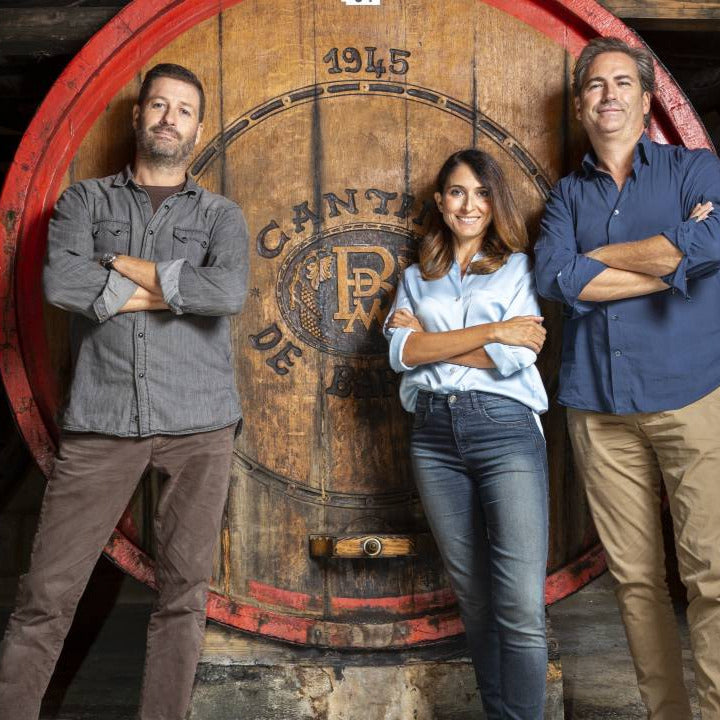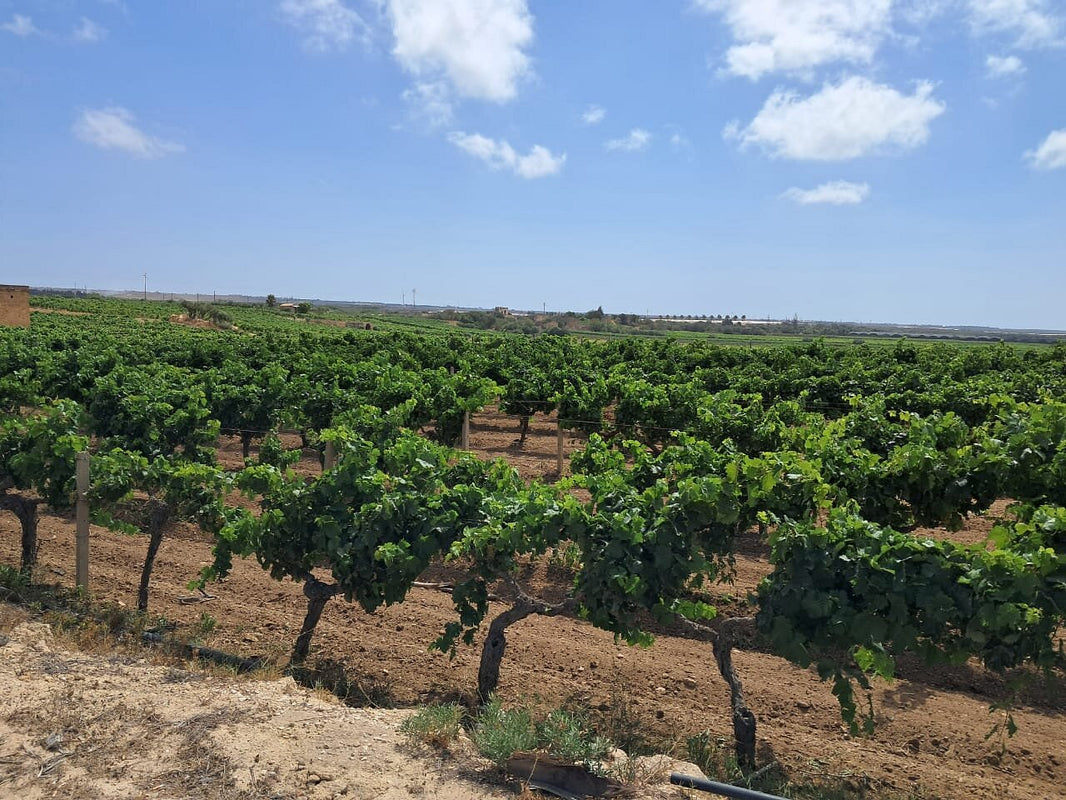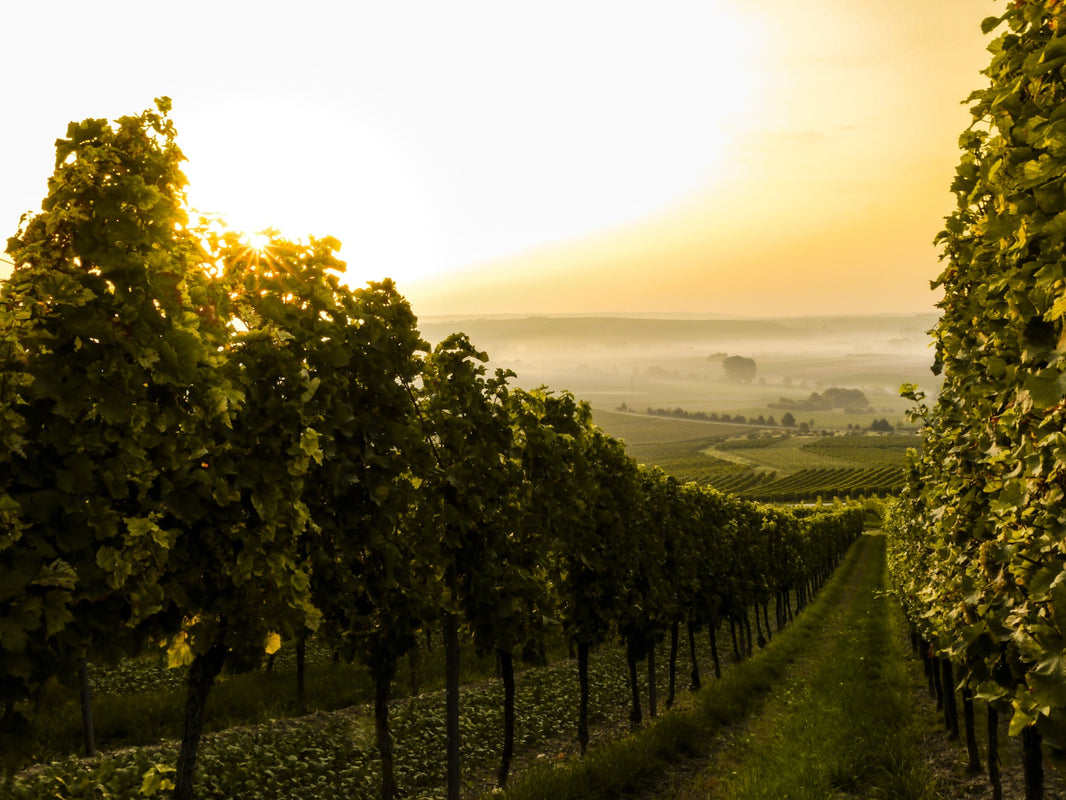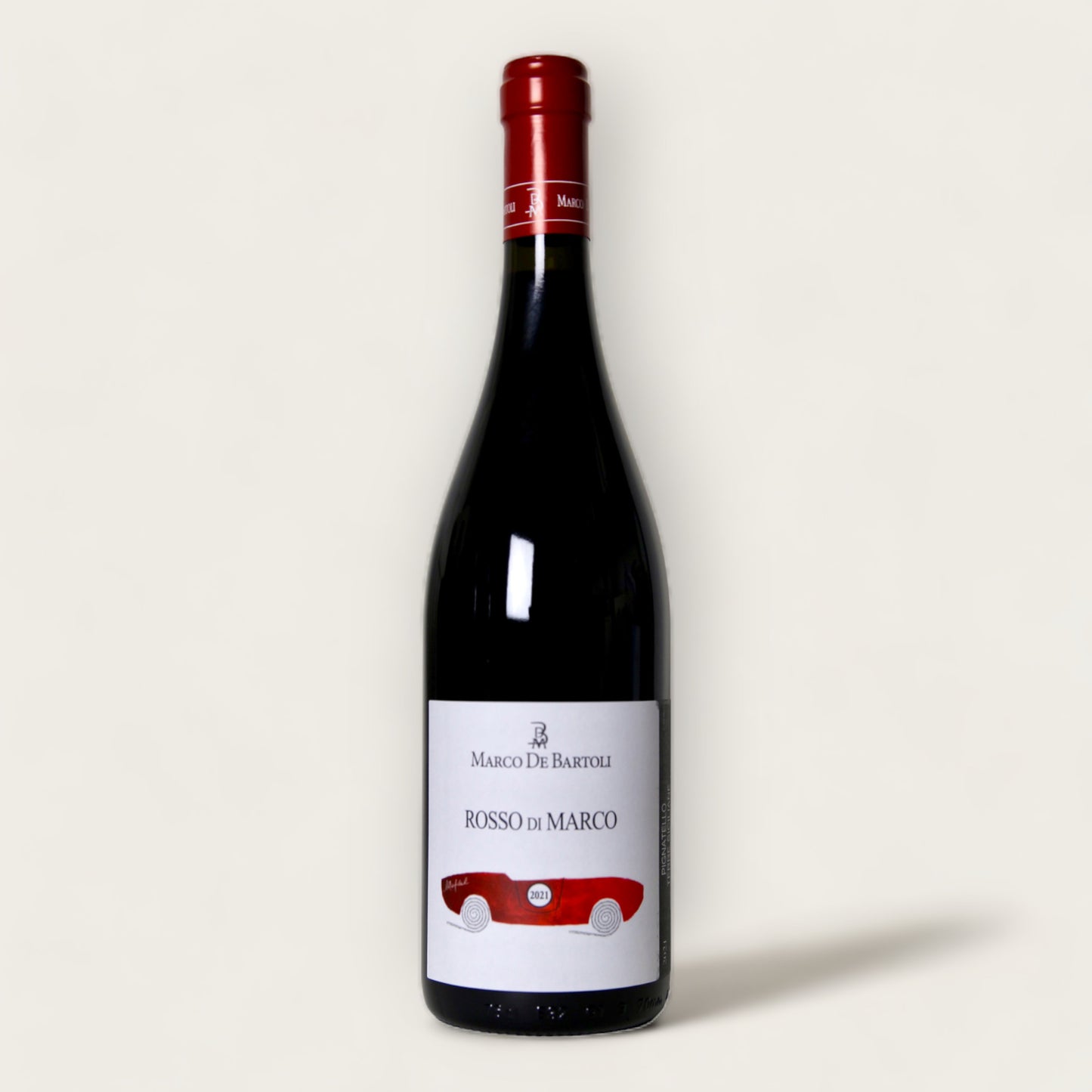Stay up-to-date with the latest news, exclusive promotions, and exciting events by subscribing to our newsletter! Sign up now and receive a 10% discount on your first purchase. Don't miss out on this great opportunity to stay connected with us and get access to special offers!
Rosso di Marco Pignatello Terre Siciliane PGI - 2022
- Tax included.
Rosso di Marco is made with 100% Pignatello grapes, also known as Perricone, a traditional black grape grown in Western Sicily that had almost disappeared. It takes its name from the so-called 'pignatiddare,' the terra rossa of the province of Trapani, well-suited to this variety, and traditionally used to craft terracotta cooking pots known as 'pignatte.'
There are 3,500 vines per hectare, originally planted at the end of the 90s and the first years of 2000, trained with the Guyot system. The yields are 6.5 tons per hectare, harvested during the second and third weeks of September. Manual selection of the grapes is followed by maceration in stainless steel vats, using traditional temperature-controlled punching-down and pumping-over. Fermentation is operated by wild yeasts.
The aging process occurs in French oak barrels, with a medium capacity of 10 hl, and then in the bottle.
Grape Variety:
Alcohol: 13.0%
Serving Termperature °C: 12-14°C
Ageing Potential: 5-10 years
Terroir: Samperi - Marsala

Marco De Bartoli

Samperi - Marsala

Sicilia


